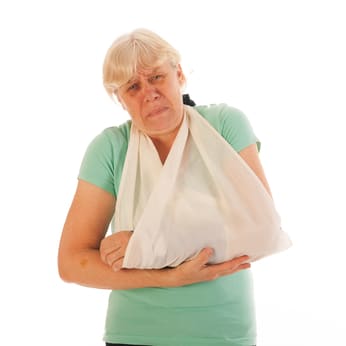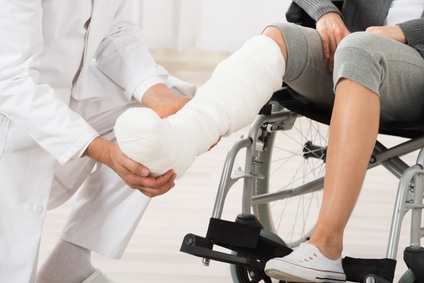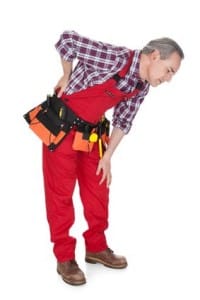Crush injuries occur when an object crushes all or part of a person’s body. These types of injuries can cause serious problems. Crush injuries to the whole body can be fatal. Crush injuries to part of the body can cause permanent pain and disability.
This article discusses different types of crush injuries. This article also discusses some important things to consider when you have a Georgia workers’ compensation claim from a crush injury.
It is important to understand that I am an attorney. I am not a doctor. Nothing in this article is intended as medical advice. Make sure that you get a good workers’ compensation doctor to get the best treatment for your crush injury.
 How do crush injuries occur at work?
How do crush injuries occur at work?
Crush injuries at work can occur a number of different ways. Some common causes include:
- Car wrecks where part of the car crushes part of the driver or passenger’s body
- Crush injuries from machines where part of the machine crushes a worker’s arm or leg
- Injuries where a person’s feet or legs are crushed by a forklift or other heavy vehicle operating in the workplace
Workers suffering from crush injuries need to make sure that they get medical evaluations quickly. Doctors may need to perform diagnostic testing such as x-rays or CT scans to evaluate for fractures or other types of internal damage. Doctors may also need to evaluate you for other conditions that could develop from crush injuries.
Other medical conditions that may develop from crush injuries
Several different medical conditions can develop from crush injuries. Some serious conditions that I have seen develop after injuries at work include
- Complex Regional Pain Syndrome (CRPS) – this condition is sometimes known as Reflex Sympathetic Dystrophy (RSD). It can be an extremely painful condition which can “spread” to different parts of the body. Early diagnosis and treatment of this condition seems to improve an injured worker’s outcome.
- Compartment Syndrome – swelling after a crush injury can cause damage to muscles and nerves
- Fractures
- Amputations – A crush injury to the fingers or toes can often require amputations of part or all of a digit. Quick medical treatment might decrease the chance that an amputation is necessary.
Getting good medical treatment will probably improve the chance of you having a better recovery from your injury.
What if I have a permanent impairment from a crush injury?
Many crush injuries cause permanent impairment. Permanent partial disability (PPD) benefits are one of the three basic types of Georgia workers’ compensation benefits.
You should make sure that you receive PPD benefits if you have a permanent impairment. The insurance company should ask the doctor to give you a PPD rating. In fact, the law requires it. But it often does not happen. So, make sure to ask your doctor to evaluate you for a PPD rating when you reach maximum medical improvement (MMI).
What if my crush injury prevents me from going back to work?
Even minor crush injuries can keep you out of work for some time. Severe injuries sometimes cause a permanent and total inability to work.
Georgia’s workers’ compensation law provides that your employer or their workers’ compensation insurance company should pay you temporary total disability (TTD)
These limits on benefits make it difficult for people with severe injuries. Permanent restrictions from an injury can make it difficult to get back to work. However, the
limits on how long you can received TTD benefits can cause your benefits to stop even if you are not able to go back to work yet.
If your injury is severe enough, you may qualify for a catastrophic designation. This designation removes one of the time limits on temporary total disability benefits.
Crush injuries can qualify for a catastrophic designation based on several different subparts of the catastrophic law. Two of the most common types that apply to crush injuries are the (g)(6) “catch all” provision and the amputation provision.
If you have a serious crush injury, you need to know whether you may qualify for a catastrophic designation. Our article on catastrophic designation provides some more specific information about what a catastrophic designation is and how you can qualify for it.
 How do crush injuries occur at work?
How do crush injuries occur at work?








